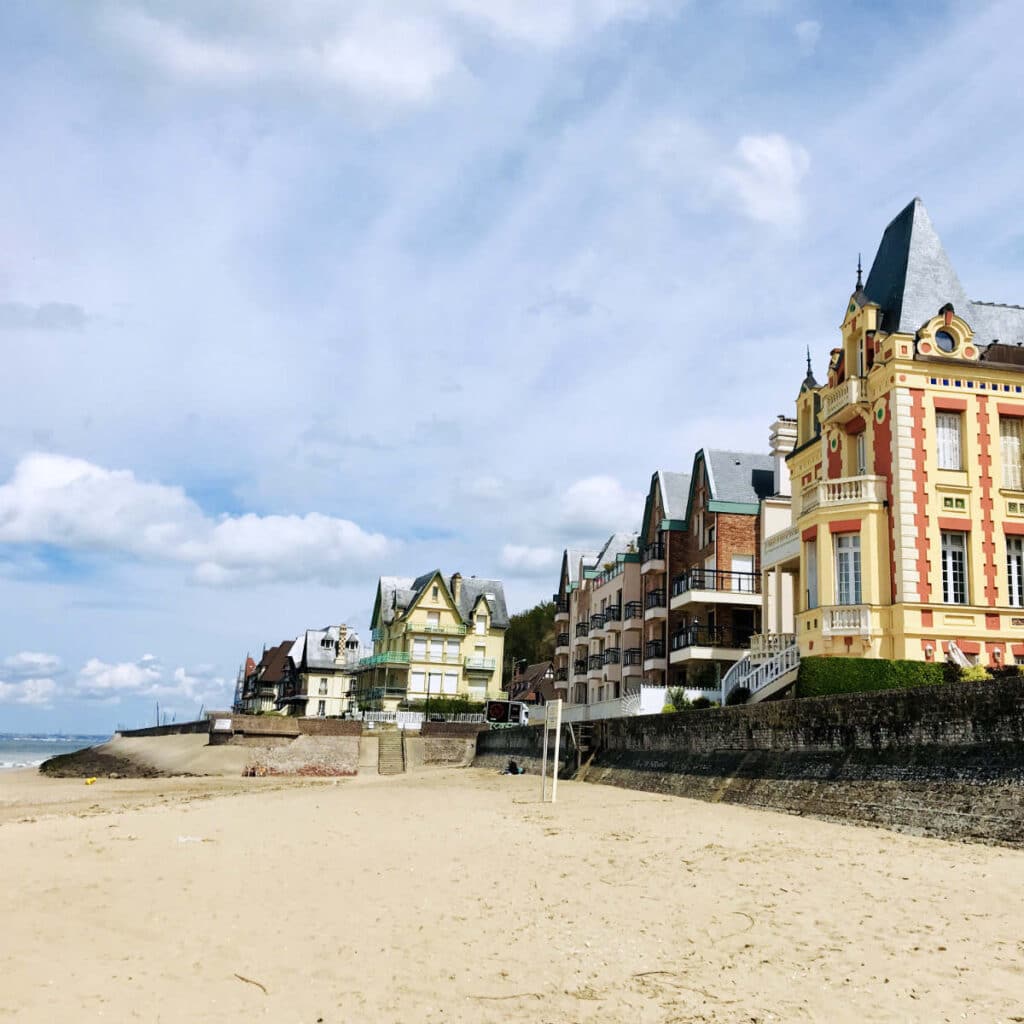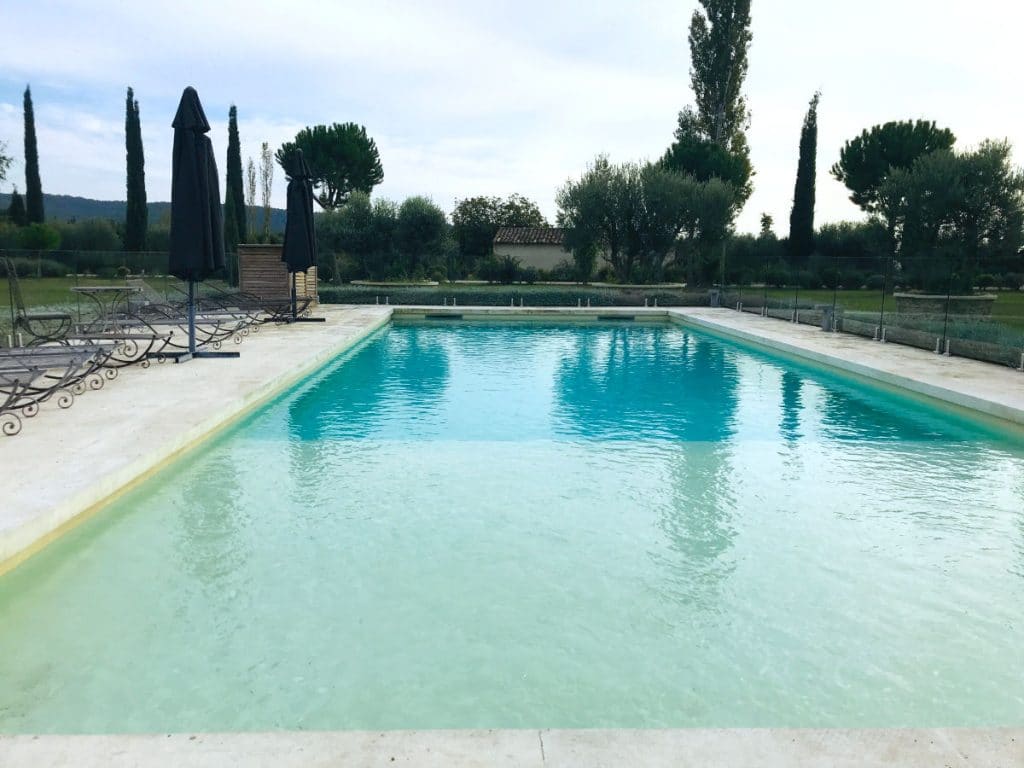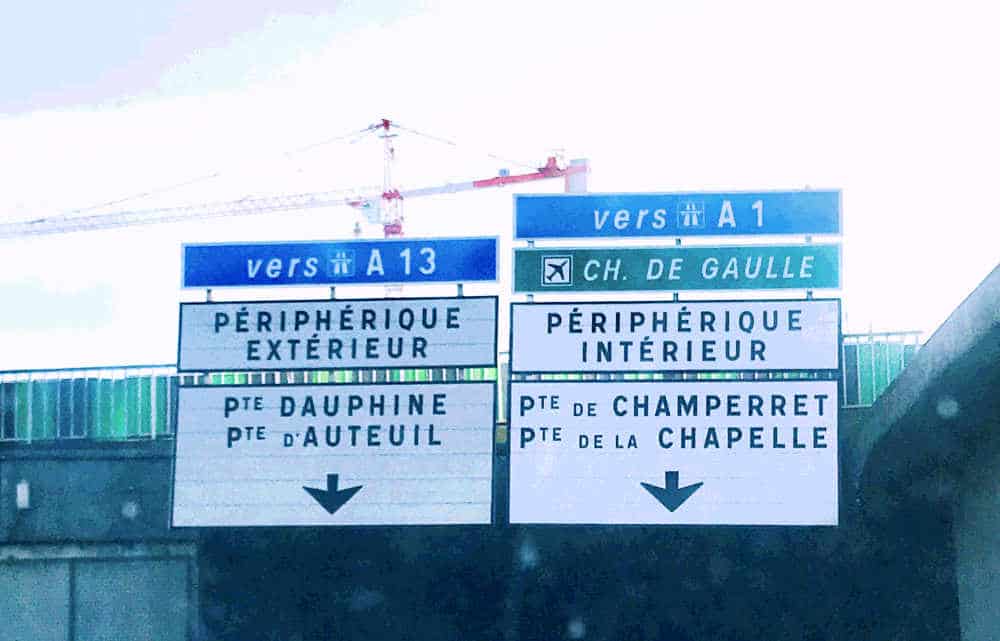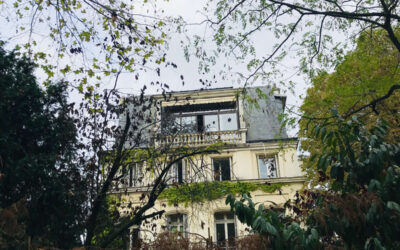The dream of moving to France has always been one that has swept the imagination of many. It is a country that has a rich and diverse culture, reputed for its love of joie de vivre and easy pace of life.
France has a strong economy and a high standard of living, with a generous minimum wage and strong worker protections. In effect, whether you are moving to Paris or a small town in Provence, it sounds like a wondrous place to live.
But just like any other place, foreigners who move to France find that themselves a bit lost in the country’s unique challenges. Overall, moving to France can be an exciting and rewarding experience, but it is important to be prepared for the somewhat tricky gauntlets that come with living in a new country.
So let’s have a look at the top things to know before moving to France, shall we? Allons-y!
- 1. Speaking French
- 2. Universal health care
- 3. The Weather
- 4. Cost of living
- 5. Visas and documents for the "Right to stay"
- 6. The French work week
- 7. Vacation time
- 8. French schools
- 9. Making friends
- 10. Building a network
- 11. Dining etiquette
- 12. Consumer rights
- 13. Popular sports
- 14. French government benefits
- 15. Transportation system
- 16. French driver's license
- 17. Business etiquette
- 18. French taxes
- 19. Inheritances across borders
- 20. Renting an apartment or house
- 21. Buying a property
- 22. Arts and literature
- 23. French society
1. Speaking French
The official language of France is French, and while many people in major cities speak English, it is important to learn at least basic conversational French to fully integrate into society.

People in larger cities may speak English, they can be rather reluctant to speak it in case they mispronounce a word. You may need to take classes to have at least a basic understanding of French for daily interactions and for making connections with the local community.
2. Universal health care
France has a universal healthcare system, which is free for all residents. However, some procedures may require a co-payment or additional insurance coverage. It is important to make sure you are properly covered by the system, either through your employer or by purchasing private insurance.
3. The Weather
The climate in France varies depending on the region, with mild winters and hot summers in the south and cooler temperatures and plenty of rain in the north.

Did you know Paris in winter is almost as rainy and grey as London? In Paris, it rains an average of 51-54mm per month, which is actually a touch more than London at 48mm/month!
In addition, in the south along the Mediterranean you have the mistral winds which can be bracing. You can find a list of the best cities to live in France here.
4. Cost of living
The country has a high cost of living, particularly in major cities like Paris, and it is important to budget accordingly. In general, prices for groceries and other necessities are similar to other European countries, but housing costs can be high, especially in larger cities.
The cost of living in some of the major cities across France varies as widely as the cost of living in the U.S. varies from San Francisco to Ohio.
Paris is on top of the list, but even the suburbs of Paris vary widely. From expensive Hauts-de-Seine and Yvelines in the west, to the more affordable Val-de-Marne in the east, and Seine-Saint-Denis in the north, there is a wide range of house prices. And Paris is not the whole of France, and we shouldn’t confound it with the rest.
It will all depend on one’s income and resources, the area that you live in, and most of all, your own spending habits. You can read more about the cost of living in France here.
5. Visas and documents for the “Right to stay”
France has a complex and bureaucratic administrative system, which can be challenging for newcomers to navigate. French law requires all residents to have a valid identity card or passport at all times. The country is a member of the European Union, which allows for free movement and work within the EU.

All other nationals can find it rather complicated to navigate an ever-changing list of required documents and difficulties getting a rendez-vous at a police prefecture.
Depending on your citizenship and the length of your stay, you will need to assess which visa and/or residency permit you need to live in France. It is important to research and begin the application process well in advance of your move.
If you are moving to France for work, I recommend asking your company to help you organize your legal paperwork for you.
6. The French work week
The normal workday for an office worker in France starts anywhere from 8 – 9:30 am. And he/she usually doesn’t leave until 6:30-7:00 pm. (The French 35-hour work week is a bit of a myth.)

Because of these long working hours, quality family time in the evenings in France can be difficult, especially in big cities like Paris where a lot of time is spent commuting.
7. Vacation time
French culture values leisure and relaxation and people here enjoy vacations of 6-10 weeks a year.

And they tend to use up all of them. These rights and benefits have been hard fought over the centuries, and the French are not keen to give them up easily. If you are moving to France on an expat contract, make sure you have the same amount of vacation time.
Generally on holiday people enjoy spending time outdoors, enjoying nature, hiking, and pursuing hobbies and interests. The beach towns around the south of France and along the western coast are particularly popular for French holidaymakers.
8. French schools
The French education system has a strong emphasis on structure and core subjects. Public and subventioned private schools are governed by a series of laws known as the Règlementation pédagogique.

The guidelines and standards for teachers are set by the French government, and the teachers are part of the Education nationale. All children must attend school starting in the calendar year they turn 3 and homeschooling is highly restricted.
Free public schools available for all residents. Montessori and bilingual education is becoming more popular however. You can read more about preschools and primary schools in France here.
9. Making friends
One complaint that foreigners often make about the French, is that it can be quite difficult to make friends in France. The French tend to keep to their own circle of friends, which is more often than not people they went to school and university with.
This is most often the case with 20 and 30-something crowds in larger cities like Paris. This can make it quite difficult for newcomers to break into those circles, leading to loneliness and frustration.
10. Building a network
In order to feel fully settled in France, you will need to learn the language and make an extra effort. From sports classes to expat groups, getting involved in a hobby or an activity is one of the best ways to meet new people. And if just might lead you to meet that special someone.
If you have young children, you may also want to get involved in the parents’ associations that are part of every school. This way you will get to meet people from around your neighbourhood, while also participating in the school life of your child.
11. Dining etiquette
One topic the French take very seriously is food. French culture is centered around food, and meals are often long and leisurely, with multiple courses and plenty of wine.
Meal times are highly regimented and snacking is heavily discouraged. Mealtimes include breakfast, lunch, and dinner, along with a 4:30pm after-school snack for children. And that is it, the French diet if you will.

In addition, dining etiquette can be quite different, with a long list of dos-and-don’ts.
12. Consumer rights
The French legal system has strict laws protecting the rights of consumers, and all residents have the right to receive safe and high-quality goods and services. As such certain products that you may be used to at home, may not be available in France.
At the same time, France is not particularly strong in customer service. While North American shops will easily take returns, the right to return an object is usually restricted to 7 days in France.
13. Popular sports
France is home to many world-class sporting teams and events, including the Tour de France and the French national soccer team. The most popular sports here are soccer (football), tennis and cycling. Swimming and rugby are also very popular.

On the other hand, you will not easily find sports like American football, ice hockey or cricket in France. (You can however find pétanque!)
14. French government benefits
France has a strong tradition of social welfare and support for disadvantaged groups, including the elderly, disabled, and low-income families. There are all sorts of benefits and rebates offered by local governments, private businesses, etc., including maternity benefits and subsidized childcare.
Many are means-tested but there are so many of them that even French people are often unaware that aid is available. People moving to France should keep a look out and get advice from professionals and locals to see what is on offer.
15. Transportation system
If you are calculating your potential cost of living in France, you may be considering having a car.
I should note that France has an extensive public transportation system, including high-speed trains running across the country. In addition, most large cities have substantial networks of buses and metros.

In addition, large cities like Paris actively discourage cars, so you should consider that and investigate further if you are not keen on public transport, or have a disability or small children.
16. French driver’s license
Driving around France is relatively easy, but you will need a French driver’s license. Foreign drivers’ licenses are only authorized for the 1st year after moving to France.

International drivers’ licenses are only translations of the home country license, and are also not authorized to drive in France after 1 year.
Certain countries and U.S. states have bilateral agreements with France to allow for the license to be “exchanged” for a French license. This will depend on your province or state.
In addition, the exchange can only take place during the 1st year that you are in France. I recommend you contact your local police prefecture in France as soon as you are settled to begin the exchange as it can take several months.
17. Business etiquette
Office culture in France can be quite different from other countries. From the morning greeting to the 2-hour lunch break, things may not be quite what you are used to.
Eating at the desk is frowned upon, as is contacting fellow employees for work over the weekend. You can read more about French business etiquette here.
18. French taxes
The French have a love of paperwork and bureaucracy that is all encompassing. To pay for all this public sector activity, France has the highest taxes in the world at around 46%, narrowly beating out Denmark and Belgium.
While you do get a lot for your money, you should get professional tax advice when setting up and filing your French taxes.

19. Inheritances across borders
Older people moving to France will want to take account of the fact that in France, inheritance taxes are high ranging from from 0% to 60%. The difference in the rates depend on the proximity between the deceased and beneficiary, and the amount of the inherited property.
In addition, the division of the inheritances are fixed by the French government. In general the rule is that that 1/2 the estate goes to the spouse and the other 1/2 is divided amongst any children.
While this sounds simple, it means that you cannot choose to give more of an inheritance to one child over another, or disinherit anyone.
And it gets much more complicated for blended and step families, and leaving property to extended relatives. You will want to consult a professional to organize a legal setup that will best suit your situation.
20. Renting an apartment or house
If you are looking for a rental apartment in Paris, I should warn you now you are in for a big uphill battle. It is not just that Parisian landlords tend to prefer local French residents, they also require a lot of paperwork.

The documents in your rental application dossier should include at a minimum:
- Passports
- Residency or Visa
- Marriage certificate
- Current proof of residence
- Letter of employment in France
- Payslips for the past 3 months
- Personal income tax returns for 2-3 years
- Savings, investments, cash accounts in France
- Prior rental payment slips
- Guarantor attestation
- French bank account IBAN
- (Optional) Current rental insurance attestation
I should add that most of documents are also required for renting all across France not just Paris, but the rental market is particularly tight in Paris unless your budget is no object.
21. Buying a property
As complicated as renting is in France, you may find that it is easier to purchase a property. While there are a lot of structural and technical things to look for when buying a house, it isn’t all that different from buying in other countries.
However, French banks do tend to shy away from foreign income if you are applying for a mortgage, so you will need to take into consideration what your income is in France.
22. Arts and literature
France has a rich history of cultural and artistic achievement, and many famous artists, writers, and musicians have been French. The country has a vibrant arts and culture scene, with world-class museums, galleries, theaters, and music venues.

Philosophy and debate about such subjects can be major topics of conversation around the dinner table. (There are plenty of taboos, so we need to talk about something!)
23. French society
French society is secular, and the country has strict laws protecting the separation of church and state. Schools and public offices do not allow the display of religious objects.
However, there are several public holidays and events that are Christian in origin that are still celebrated today.
This can make it easy to get around, but may want to familiarize yourself with the different options and whether or not you need to drive before your move.

If you enjoyed this article, you may like to read more about living in Paris. A bientôt!




